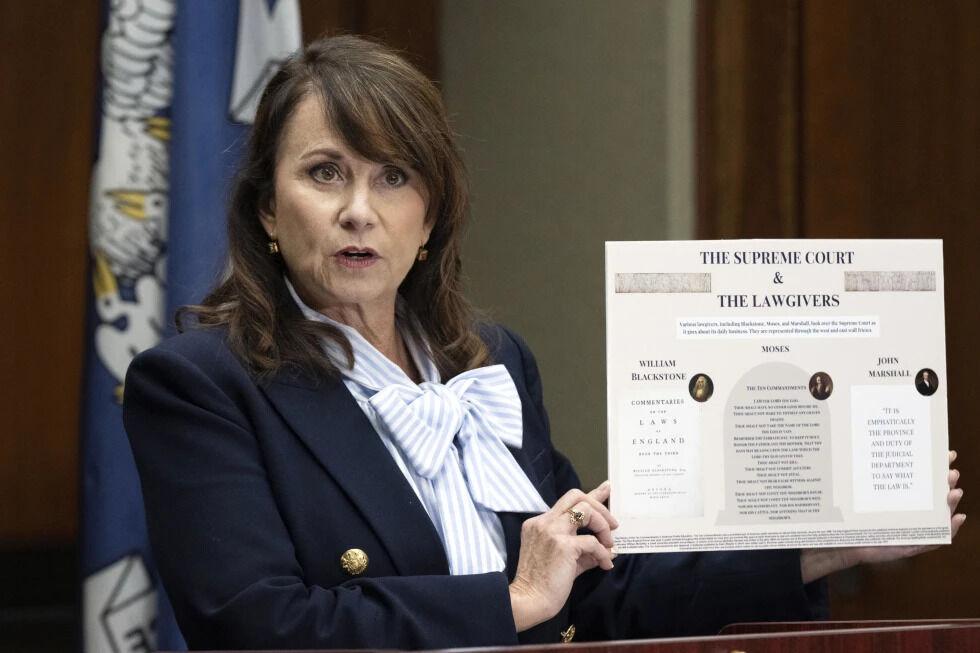Universities must react to rise in student depression
Did you know that people who have been out of college for 10 or 20 years say they still have dreams of being late to take their finals, or being back in college, naked in a classroom?
Going away to college is a major milestone in one’s life. It is in these formidable years when one goes from being a teenager to becoming an adult. Opinions and belief systems are formed.
For the first time mom and dad are not there to watch every move and fix every mistake made. You are on your own, kid. It is a brave, new world.
But, often this new college environment comes with some major adjustments. You are in college because you studied hard and did well in high school. Now the bar is raised. The question is whether or not you can succeed in college.
College life is not all keg parties and crawfish boils. The work is harder and the demand is greater. You are creating a new life for yourself in a new environment amongst strangers. It can be a lot to take in.
According to a recent UCLA survey of college freshmen, college students are feeling more overwhelmed and stressed than 15 years ago. More than 30 percent of college freshman report feeling overwhelmed most of the time and 38 percent of college women report feeling frequently overwhelmed.
With all of these students experiencing overwhelmed feelings and despair it would be adequate to think that in light of these studies, universities and colleges would make appropriate additions to their mental health center staff.
In a recent survey many schools report large increases in the number of students with serious mental health problems, yet mental health staffs aren’t growing to handle the new demand.
The pressures of midterm exams, term papers and class presentations can be overwhelming. Where can a student turn when the pressure becomes too great? The Mental Health Center? If that is your answer, prepare to stand in line and wait your turn.
Several students have been writing letters to the editor posing the question of whether or not LSU is adequately prepared in the mental health department.
Apparently, LSU is not the only university with a waiting list. In fact, other universities with sparse psychological resources are being blamed when students, in desperation, take their own lives.
At colleges nationwide, large percentages of college students describe themselves as feeling overwhelmed, sad, hopeless and so depressed they are unable to function properly.
This should be a warning sign for universities across the country. Students need help. Rather than discuss an individual case where a university’s mental health resources let a student down (there are several), it makes more sense to focus on the problem itself.
The question here is not whether or not counseling centers are adequately staffed. Of course, that is a factor, but I have to wonder whether counselors and psychiatrists are genuinely concerned with the problems students come in with.
It seems that anxiety, depression and feelings of helplessness about college and life in general seem too trivial for mental health practioners. They seem to be more concerned with more serious problems, rather than simple ones.
When I tried to see a counselor at the mental health center I was asked if I was suicidal. When my response was no, I was told to fill out a long questionnaire regarding my mental state.
If being suicidal is the only way to get a counselor to talk to you, no thank you. If they were more concerned with a student’s recovery they would be more accommodating and helpful instead of turning students away.
Sarah Hunt
Universities must react to rise in student depression
By Sarah Hunt
February 19, 2002
More to Discover







